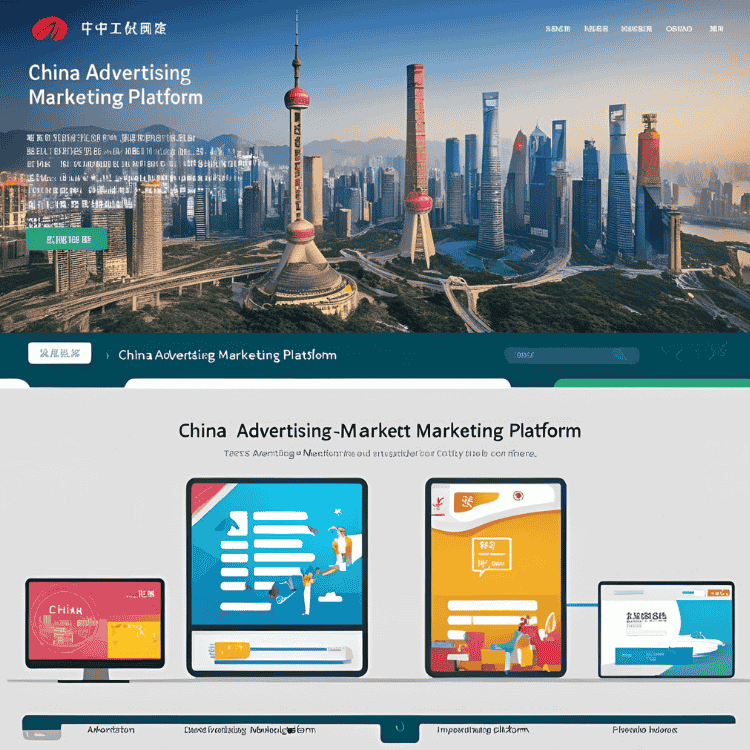Key Points
1. Succeeding in China requires a marketing strategy tailored to its unique market dynamics.
2. E-commerce in China mandates advertisers to hold specific licenses.
3. Digital advertising thrives on platforms like WeChat, Baidu, and Douyin (TikTok).
4. Social media advertising must align with your target audience, such as TikTok for younger demographics.
With China being the world’s leading trading nation and boasting a GDP of over 18.9 trillion USD in 2024, it presents a lucrative opportunity for business expansion. However, Western marketing strategies often fall short in resonating with Chinese consumers. To thrive, businesses must adapt to China’s distinct consumer behavior, social media landscape, and regulatory environment. Partnering with experts like Maxier can help you navigate these complexities and successfully market your product or service in China.

Why Marketing in China is Unique
While having a great product is essential, it’s not enough to stand out in China’s highly competitive market. A tailored marketing in China strategy is crucial to capture the attention of over 1.4 billion consumers. At Maxier, we provide market research and strategic consulting to develop a customized plan that aligns with your business goals and resonates with the local audience.
Navigating China’s E-Commerce Landscape
China dominates global e-commerce, accounting for 30% of cross-border online shopping and a market size exceeding 50.57 trillion RMB. To tap into this potential, businesses must comply with local regulations, including obtaining an advertising license. While selling products in China doesn’t always require a license, advertising does. Many companies partner with trade platforms like Tmall or JD.com to bypass this requirement.
Digital Advertising in China: Key Platforms and Rules
China’s digital ecosystem is unique, with restricted access to global platforms like Google, Facebook, and YouTube. Instead, businesses must focus on local platforms such as:
WeChat: A super app for messaging, payments, and marketing.
Douyin (TikTok): The leading short-video platform.
Baidu: China’s top search engine.
Xiaohongshu (Rednote): A lifestyle and shopping platform.
Advertising on these platforms comes with specific rules. For instance, Baidu requires a minimum recharge amount of 6,000 RMB to start campaigns. Additionally, certain industries, like health and supplements, require specialized licenses. Many businesses opt to work with agencies like Maxier to manage their accounts and ensure compliance.
Social Media Advertising in China
Social media is a cornerstone of marketing in China, with platforms like WeChat and Douyin leading the way. However, each platform caters to different demographics:
Douyin (TikTok): Ideal for engaging younger audiences.
Sina Weibo: A microblogging platform for trending topics.
Youku: China’s answer to YouTube.
Tencent QQ: A messaging and social networking app.
Rednote(Xiaohongshu): target at the young female group.
Choosing the right platform requires understanding your target audience and conducting thorough market research.
The Role of Key Opinion Leaders (KOLs)
In China, KOLs (Key Opinion Leaders) are pivotal in influencer marketing. These individuals, often experts in their fields, can sway consumer behavior through their credibility and reach. While KOL campaigns can be costly, they are highly effective for building brand awareness. For example, a single WeChat campaign with a top KOL can cost hundreds of thousands of dollars.
Expert Insight: The Golden Rules of Marketing in China
According to Yum, founder of Maxier, Douyin is currently the most influential platform in China’s social media landscape. Its short-video format has revolutionized how brands engage with consumers.
Partner with Maxier for Your China Marketing Strategy
Maxier specializes in helping businesses navigate the complexities of marketing in China. From market research to strategic planning, we ensure your brand resonates with Chinese consumers. Contact us today to develop a customized marketing plan and unlock the potential of the Chinese market.
